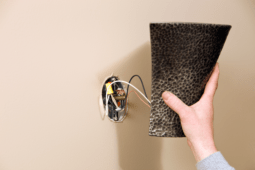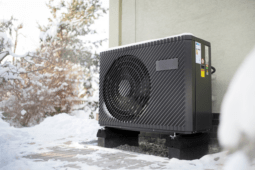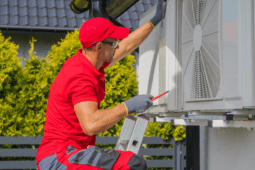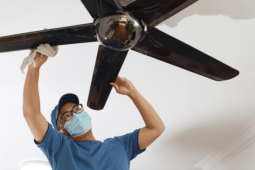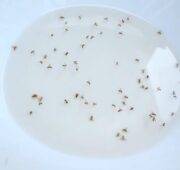Should Your House Have a Heat Pump Installed?
Heat pumps are becoming an increasingly popular choice for homeowners looking to improve energy efficiency and maintain a comfortable indoor temperature throughout the year. Whether you’re heating your home in winter or cooling it in summer, heat pumps offer a reliable and cost-effective solution.
What Is a Heat Pump and How Does It Work?
A heat pump is a versatile HVAC system that can both heat and cool your home by transferring heat rather than generating it. Unlike traditional furnaces or air conditioners, a heat pump moves heat from one location to another, depending on the season. This makes it a more energy-efficient option for temperature control.
During winter, a heat pump extracts warmth from the outdoor air or ground and transfers it indoors to heat your home. In summer, the process is reversed as it removes heat from inside your house and releases it outdoors, effectively cooling the space. This dual functionality makes it an ideal year-round solution.
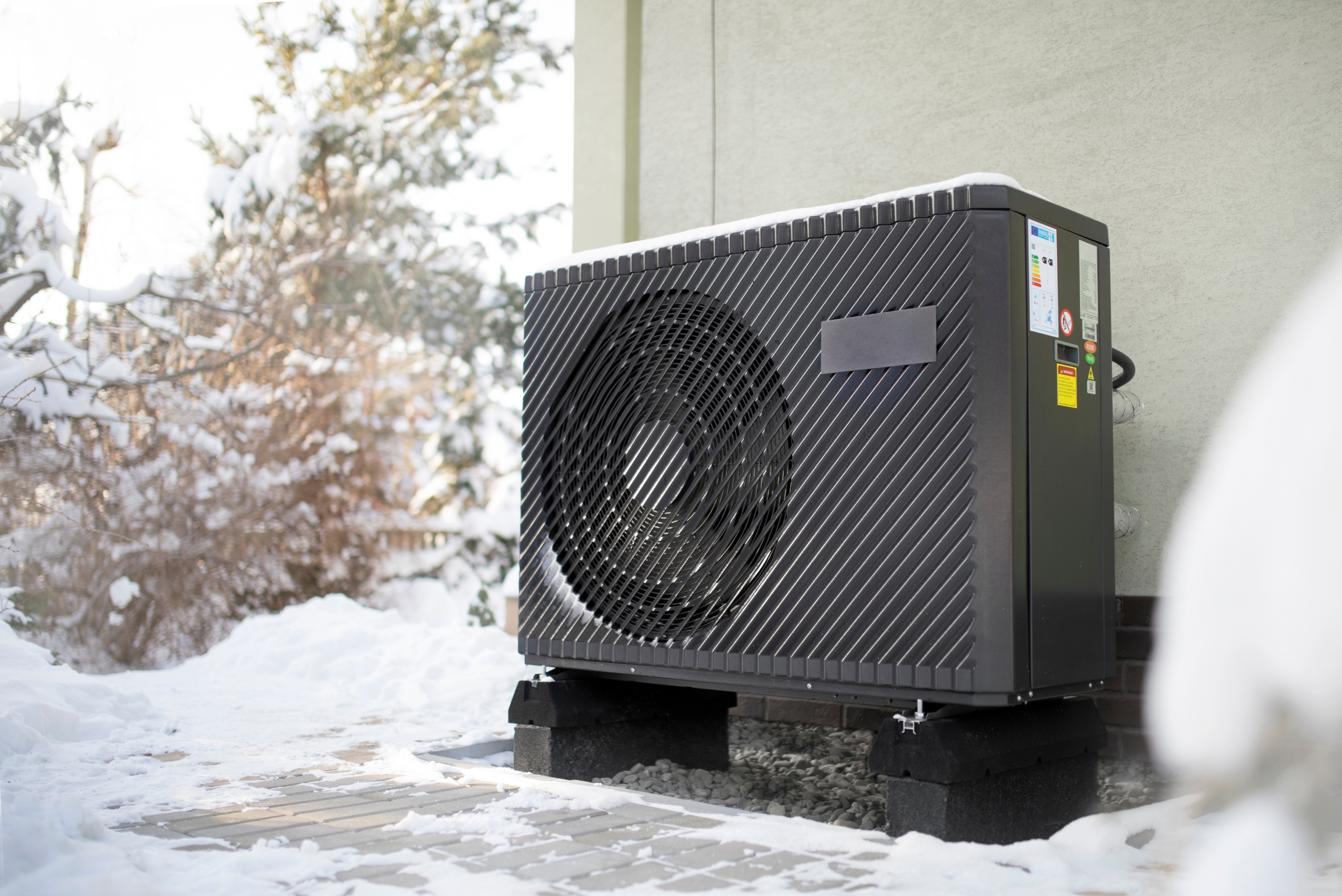
Types of Heat Pumps to Consider
There are three main types of heat pumps, each suited to different homes and climates. Air-source heat pumps are the most common, as they extract heat from the outside air. These systems have advanced significantly and are now capable of performing efficiently, even in colder climates.
Ground-source (or geothermal) heat pumps, on the other hand, rely on the stable temperatures underground to provide consistent heating and cooling. While these systems are more energy-efficient, they come with a higher installation cost due to the excavation required. Lastly, water-source heat pumps transfer heat to and from a nearby water source, making them a great choice for homes near lakes or wells.
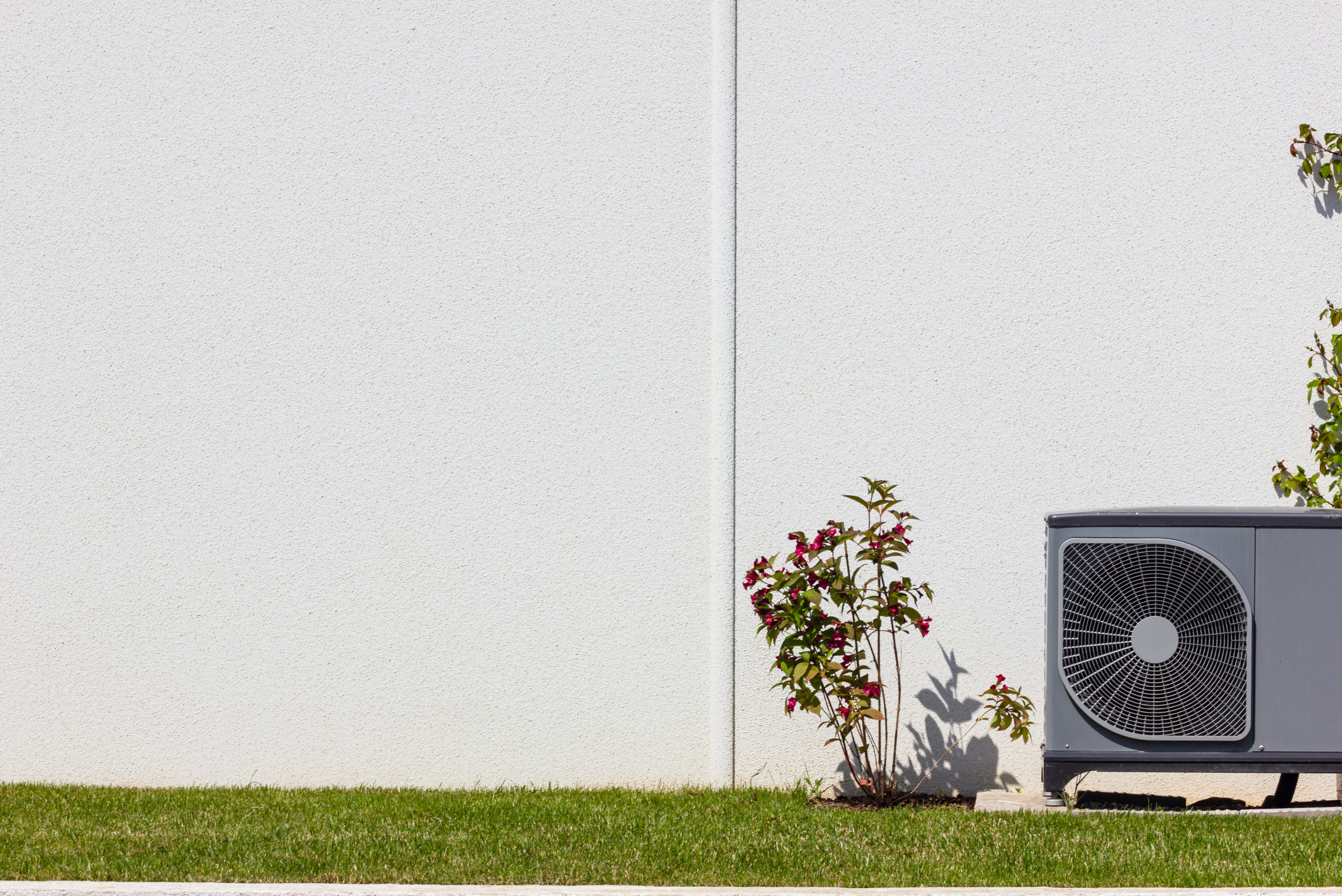
Benefits of Installing a Heat Pump
One of the greatest benefits of a heat pump is its energy efficiency. Instead of generating heat, it simply transfers it, resulting in significantly reduced energy usage compared to traditional systems. This not only helps lower your utility bills but also minimizes your carbon footprint, making it a more eco-friendly solution for your home.
Heat pumps also provide year-round comfort by serving both heating and cooling needs. Modern systems are quieter than traditional HVAC units, operating with minimal noise to ensure a peaceful indoor environment. Whether you’re cooling your home in summer or heating it in winter, heat pumps offer reliable, efficient performance for every season.
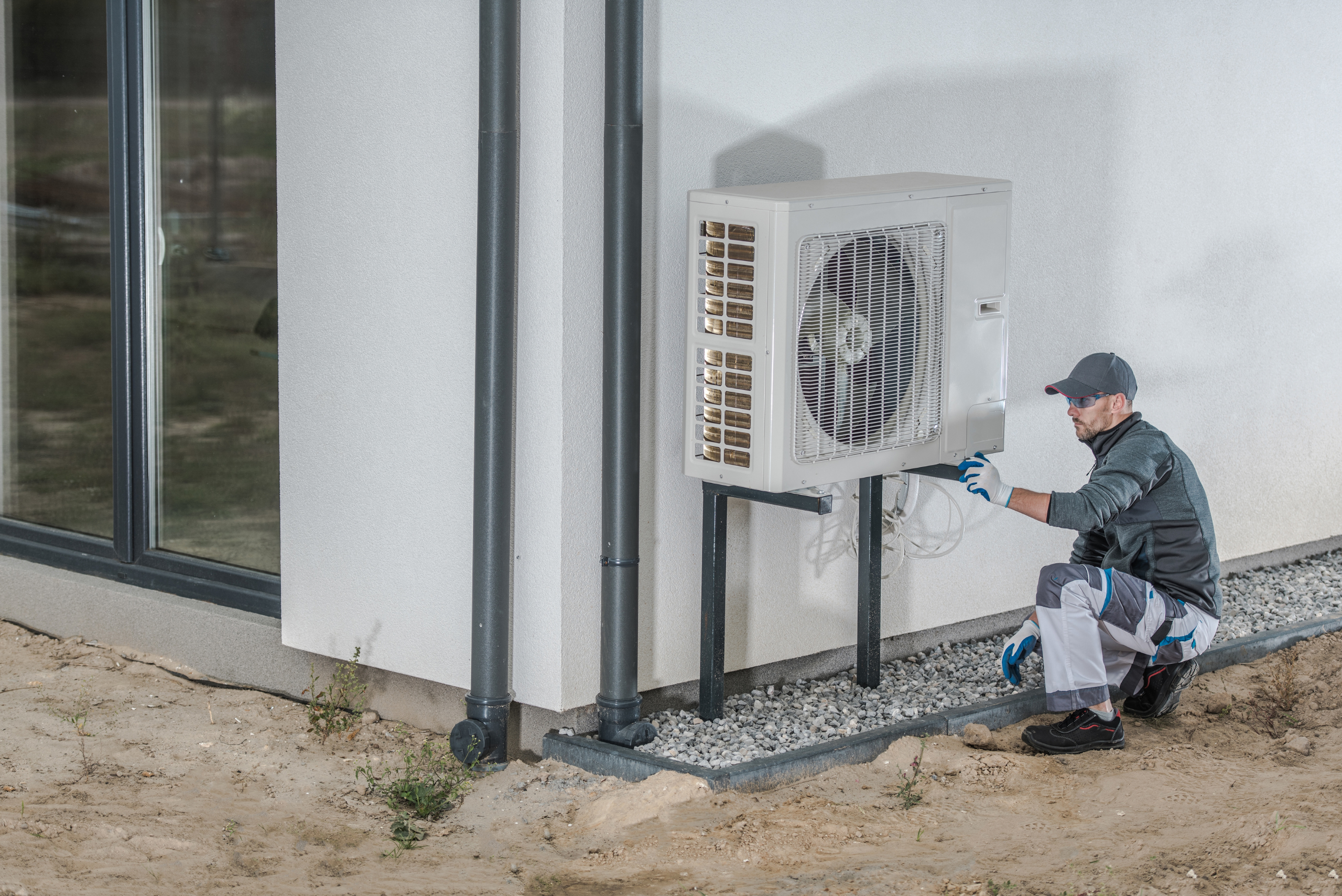
Are Heat Pumps Effective in Cold Climates?
Heat pumps are often misunderstood when it comes to cold climates. While older models struggled with subfreezing temperatures, modern air-source heat pumps have been designed to perform efficiently in extreme cold. Advanced technology allows them to extract heat from the air even when temperatures drop significantly.
For areas with very harsh winters, homeowners can opt for cold-climate heat pumps or dual-fuel systems. A dual-fuel setup combines a heat pump with a backup furnace, ensuring your home remains warm even on the coldest days. This solution provides the efficiency of a heat pump without sacrificing comfort in extreme conditions.
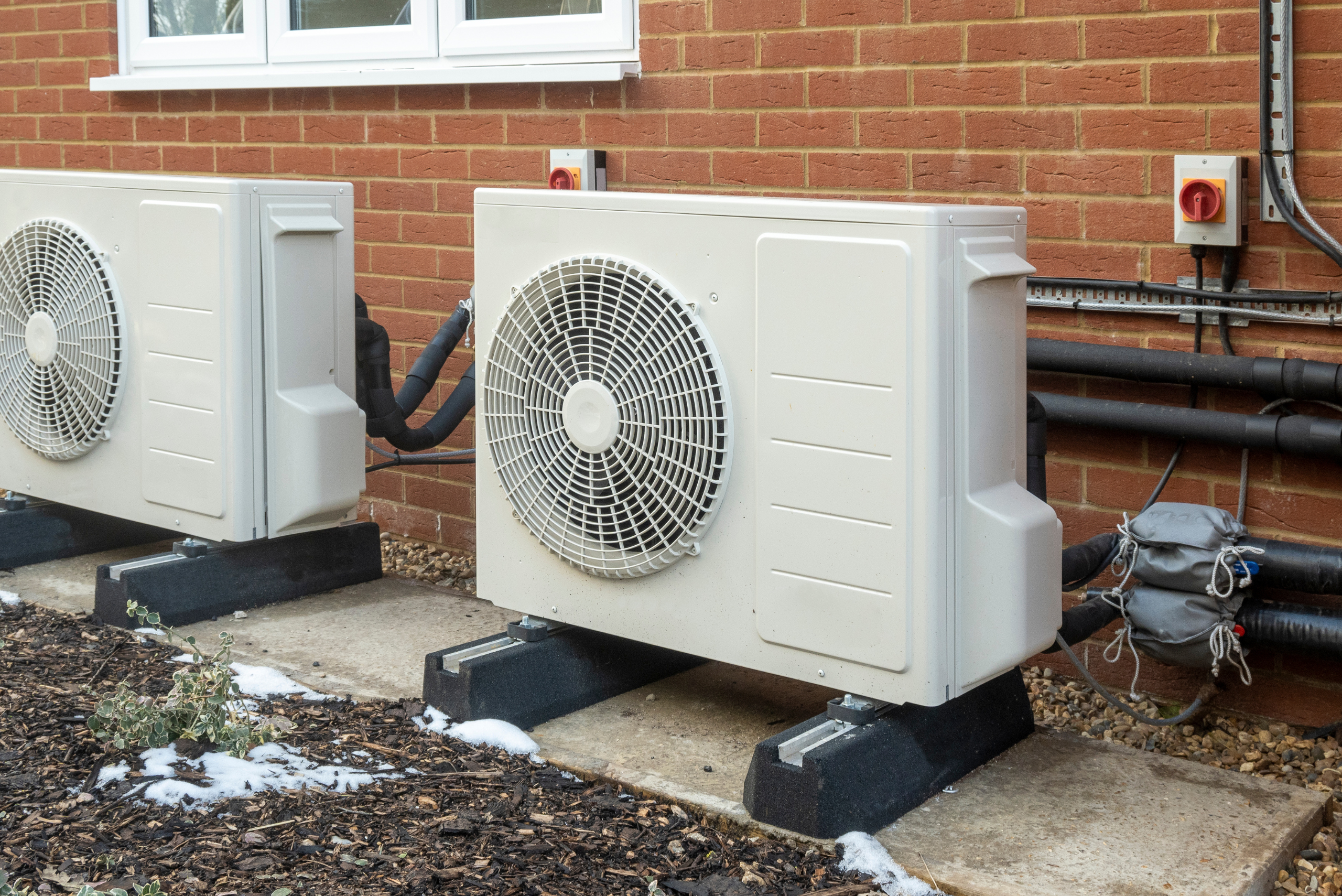
Installation and Maintenance Tips
Proper installation is crucial to getting the most out of your heat pump. Always hire a certified HVAC professional to ensure the system is correctly sized and installed for your home’s needs. Incorrect installation can reduce efficiency and increase energy costs over time.
Once installed, regular maintenance will keep your heat pump running smoothly. Clean or replace air filters every few months to maintain airflow, and schedule annual inspections to check refrigerant levels, coils, and electrical connections. Keeping the outdoor unit clear of debris, snow, and leaves will also ensure optimal performance throughout the year.
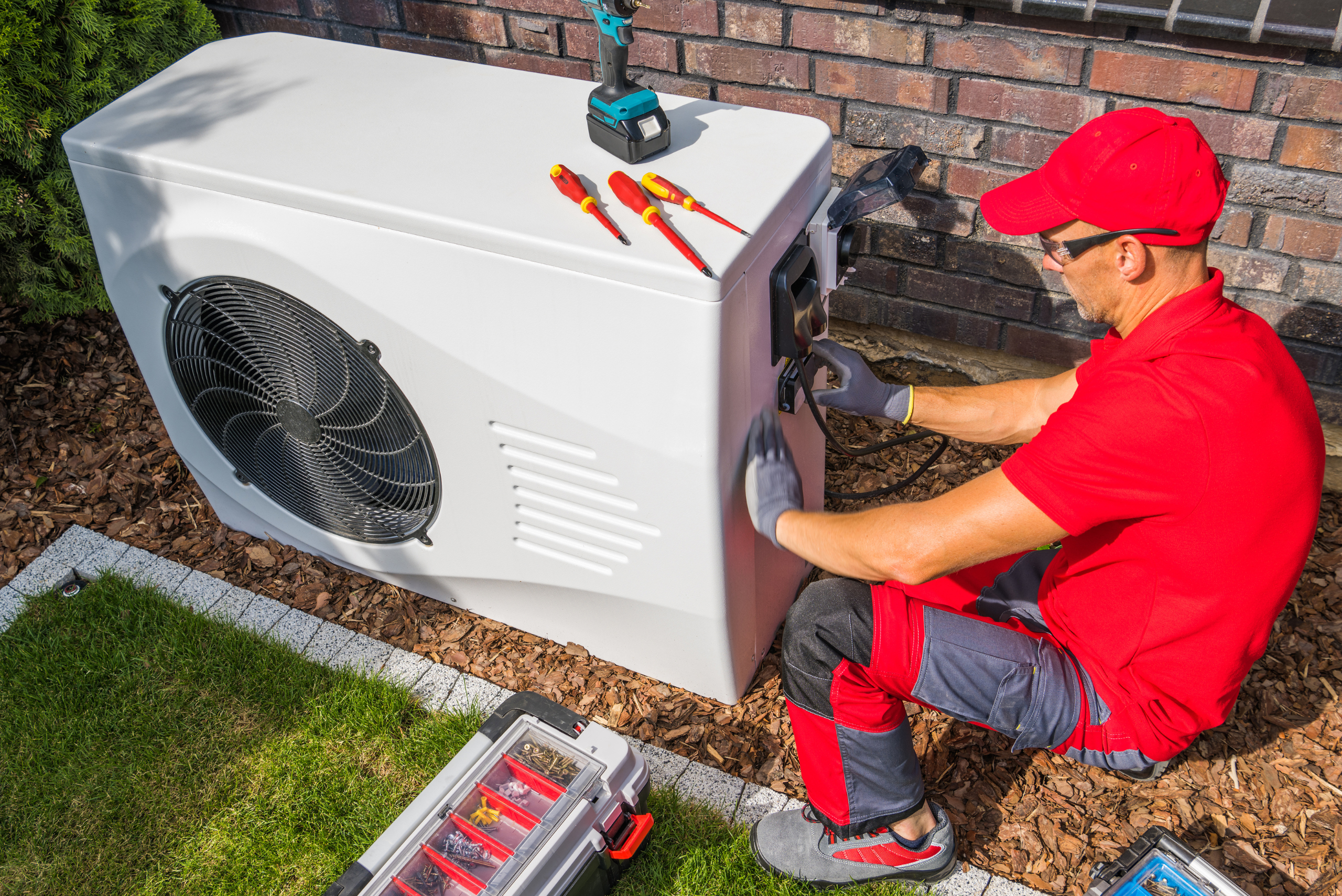
Is a Heat Pump Right for Your Home?
Determining whether a heat pump is right for your home depends on your location, energy costs, and existing HVAC system. Homes in moderate to mild climates are ideal for heat pumps, as these systems perform most efficiently in such conditions. However, modern advancements have made them a viable solution even in colder regions.
If electricity is affordable in your area compared to gas, a heat pump can lead to significant savings on energy bills. Additionally, replacing an outdated or inefficient HVAC system with a heat pump can greatly improve your home’s comfort and energy efficiency. Consult with a trusted HVAC professional to assess your needs and determine the best option for your home.
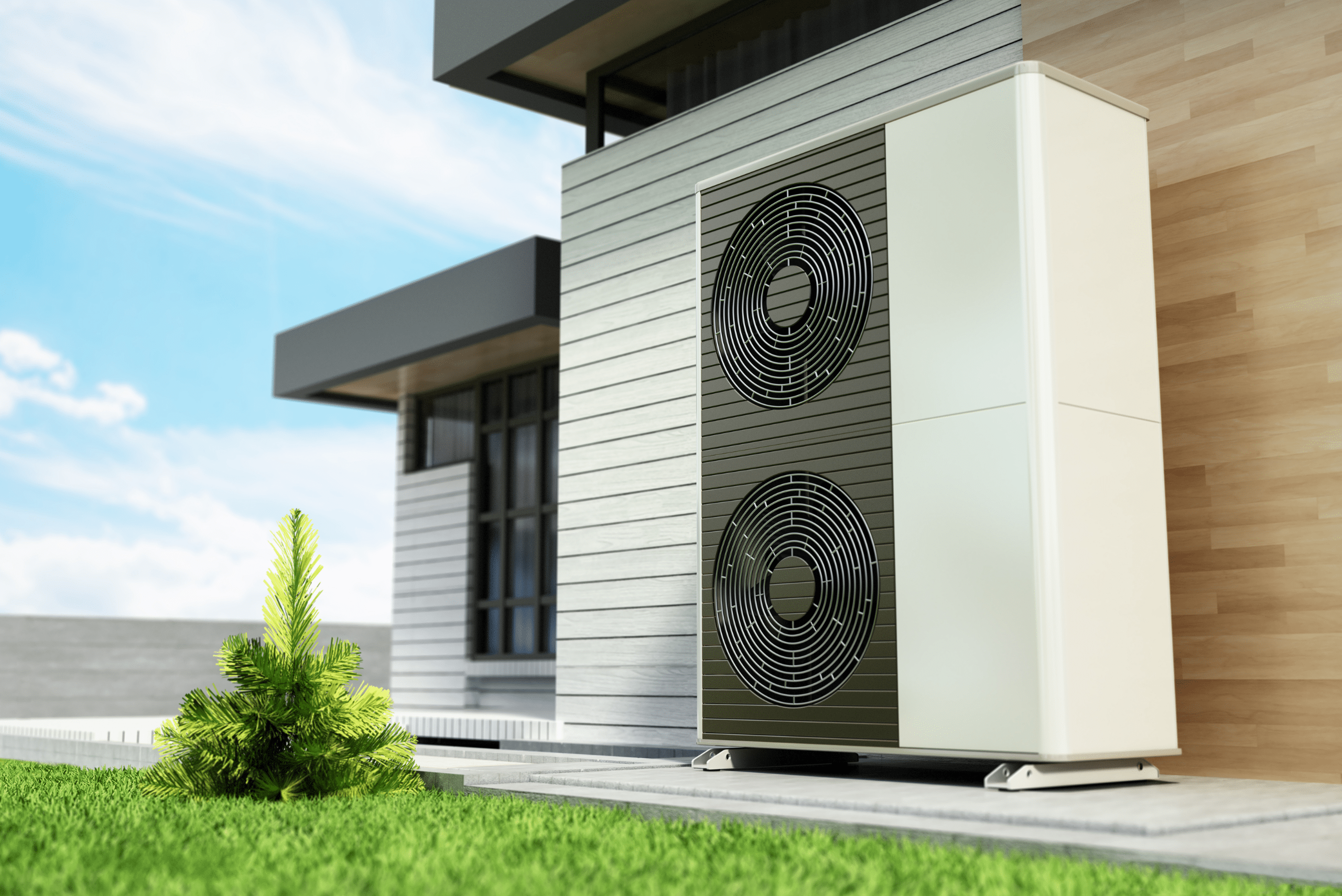
Related Articles
- Tips for Maintaining Propane Heater Efficiency to Stay Warm This Winter
- Understanding Insulation R-Value: Key Facts for a More Energy-Efficient Home
- Essential Winter Home Maintenance Tasks to Tackle Now
A heat pump is a versatile, energy-efficient solution for maintaining year-round comfort in your home. By understanding how heat pumps work, their benefits, and the types available, you can make an informed decision that saves money, reduces environmental impact, and keeps your home cozy in winter and cool in summer. Whether you’re upgrading your current system or installing a new one, a heat pump can provide the perfect balance of efficiency and comfort for years to come.
Ready to start your next project? Join our DIY community to receive tool tips, how-to guides, and exclusive creative insights. Subscribe to the ManMadeDIY newsletter now! Click here to unlock a world of hands-on inspiration.

